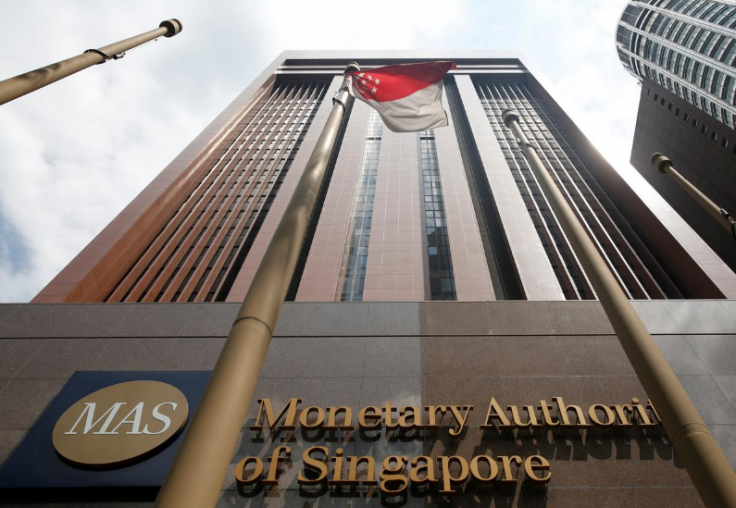
Singapore's central bank is expected to keep monetary policy unchanged next week, amid pressure from slowing global growth and softening domestic demand, according to a Reuters poll.
Seventeen of 20 analysts polled, or 85 percent, expect the Monetary Authority of Singapore to keep its exchange-rate based policy steady when it issues its semi-annual policy statement on April 12 at 8 a.m. (0000 GMT), after two tightening moves last year.
"There is no urgency for the Monetary Authority of Singapore (MAS) to tighten monetary policy a third time," said Philip Wee, FX Strategist, at Singapore's biggest bank DBS.
"Singapore's economic outlook has dimmed."
The poll results include five additional responses to an earlier poll published on March 29, which showed 80 percent of analysts expect the central bank to stand pat.
The announcement will coincide with the release of preliminary data for the first-quarter gross domestic product (GDP), which analysts expect to show the weakest growth in 2-1/2-years.
On a year-on-year basis, GDP likely grew 1.5 percent, down from 1.9 percent in October-December, according to the median forecast in a Reuters survey. That would mark the slowest such expansion since the third quarter of 2016, when it grew 1.2 percent.
On an annualised basis, the first-quarter GDP is expected to have grown 1.2 percent, down from 1.4 percent in the fourth quarter.
The MAS manages monetary policy by letting the Singapore dollar rise or fall against the currencies of its main trading partners within an undisclosed policy band based on its nominal exchange rate (NEER).
The central bank increased the slope of the policy band twice last year in efforts to control rising price pressures and strengthen its currency - its first such tightening moves in six years.
However, the export-reliant economy is expected to cool in 2019 as the Sino-U.S. trade war and slowing global growth weigh on demand.
Singapore's core inflation rate - a measure closely watched by central bankers - eased to a nine-month low in February, while its economy grew at its slowest pace in more than two years in the fourth quarter of 2018.
While exports rebounded from their biggest fall in over two years in February, economists say a decline in electronics shipments shows global demand has not improved.
Across Asia, a slowing global economy and abrupt end to Federal Reserve policy tightening have shifted rate cut expectations to probable from possible, with the market betting on moves by a growing list of central banks.
"With most central banks in a neutral mode and official rhetoric tilting towards a more dovish slant amid the global growth slowdown story, we see there is little impetus for MAS to lean against the wind by tightening," said Selena Ling, OCBC's head of treasury research and strategy.








